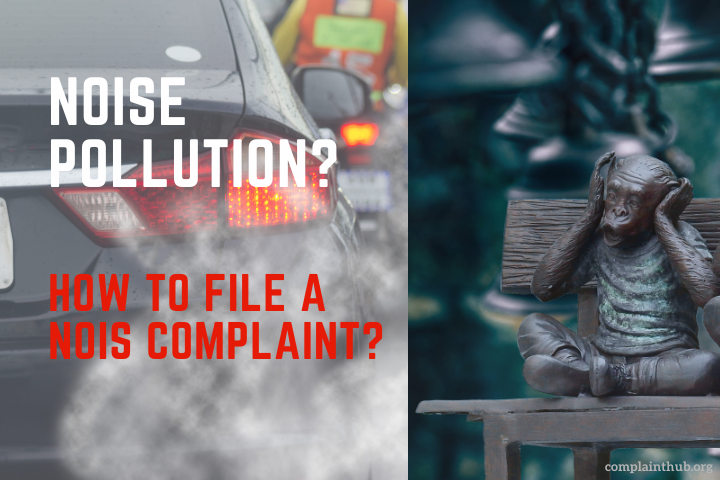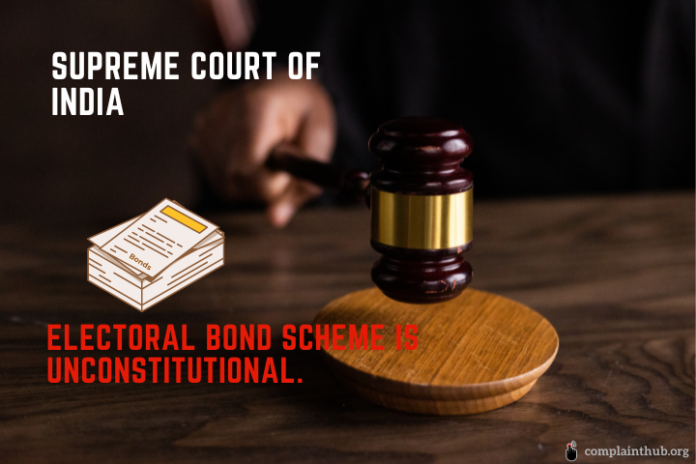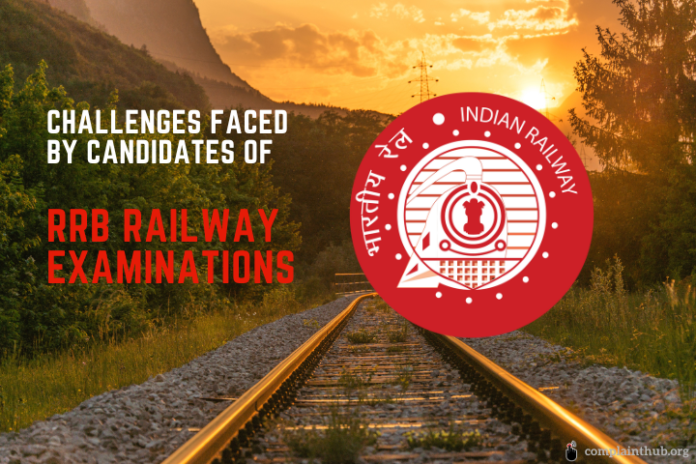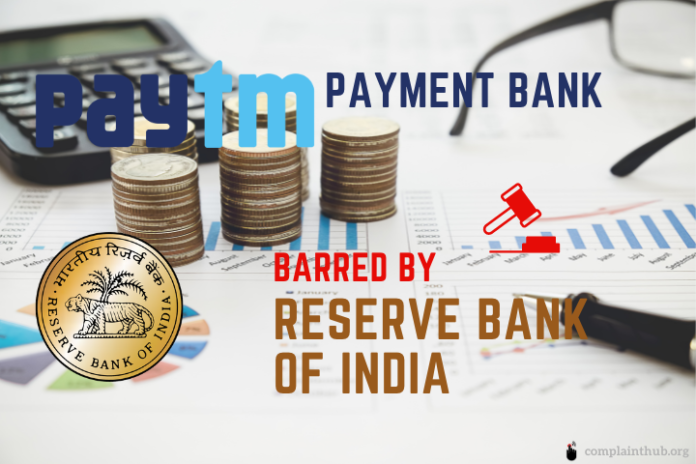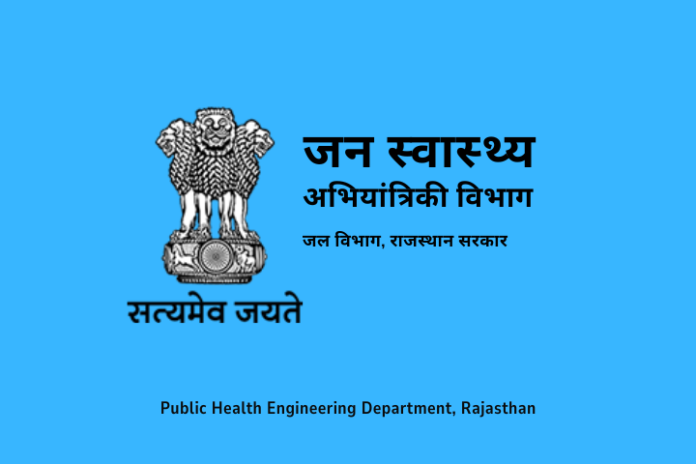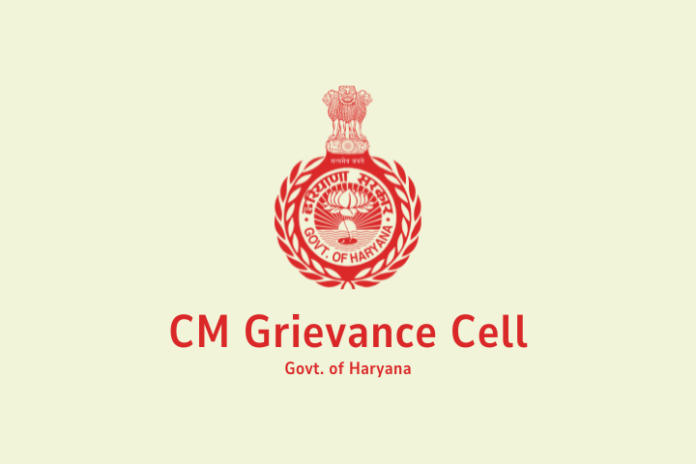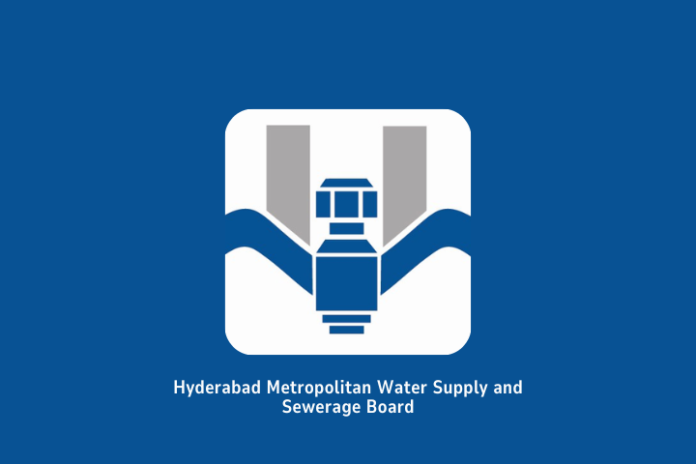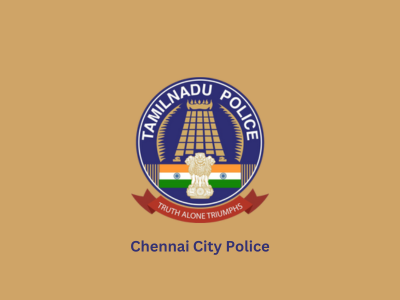Noise pollution is a serious environmental hazard that takes a significant toll on our physical and mental health. This Pollution is the excessive and harmful level of noise that disturbs the normal functioning of human and animal life.
Noise pollution can come from various sources, such as traffic, construction, industries, loudspeakers, fireworks, etc. It can have adverse effects on health, such as hearing loss, stress, hypertension, sleep disturbance, cognitive impairment, and cardiovascular diseases.
If you’re facing excessive, disruptive noise in your community, understanding how to file an effective complaint is crucial.
What is Noise Pollution?
Noise pollution occurs when unwanted or excessively loud sounds interfere with daily life, causing harm to humans or animals. Common sources of noise pollution include:
- Transportation: Road traffic, trains, and aeroplanes.
- Industrial activity: Factories, manufacturing plants, and construction sites.
- Social and religious events: Loudspeakers, parties, festivals.
- Domestic sources: Appliances, power tools, loud music, pets.
India tackles noise pollution through a combination of legislation and regulations:
- The Environment (Protection) Act, 1986: This act serves as the overarching framework for environmental protection in India. It empowers the central government to establish noise pollution standards.
- The Noise Pollution (Regulation and Control) Rules, 2000: Enacted under the Environment (Protection) Act, these rules define noise pollution and establish permissible noise limits for different areas. Here’s a breakdown:
- Classification of Zones: The rules classify areas into four categories: industrial, commercial, residential, and silent zones.
- Silence Zones: Silence zones are designated areas around hospitals, educational institutions, courts, and religious places. These zones have stricter noise restrictions.
- Permissible Noise Limits: The rules specify the maximum permissible noise levels (in decibels) for each zone during the daytime (6 AM to 10 PM) and nighttime (10 PM to 6 AM).
Effects of Noise Pollution on Health
Exposure to chronic noise pollution has widespread health consequences, including:
- Hearing loss: Permanent or temporary hearing damage due to overstimulation of the inner ear.
- Cardiovascular problems: Increased stress hormones lead to high blood pressure, heart disease risk, and stroke.
- Sleep disruption: Difficulty falling asleep, frequent awakenings, and poor sleep quality.
- Mental health issues: Elevated anxiety, stress, irritability, and decreased productivity.
- Negative impacts on wildlife: Disruption of communication, migration patterns, and breeding cycles.
Noise pollution is a serious environmental and public health issue that requires urgent attention and action. By reducing the sources and levels of noise pollution, we can protect our health and well-being.
Important Notes: Children, the elderly, and people with existing health conditions are particularly vulnerable to the negative health effects of noise pollution. The effects of noise pollution are cumulative, meaning even moderate but prolonged exposure can lead to significant health concerns over time.
How to Register a Noise Pollution Complaint?
The primary authority for handling noise pollution issues in India is the local police. Here’s how to file a complaint:
- Call 100 or 112: Report urgent disturbances, especially late at night, to the police control room.
- Local police station: Visit in person to file a detailed complaint, providing information about the noise source, frequency, and its impact on your well-being.
- Online portals: Many state police websites have dedicated online complaint platforms for noise pollution.
City-Specific Noise Complaint
Some major Indian cities offer additional channels for reporting noise pollution:
- Delhi: Helplines (155270, 155271), Municipal Corporation of Delhi (MCD), and the Delhi Pollution Control Committee (DPCC).
- Mumbai: Complaint to the Municipal Corporation of Greater Mumbai (MCGM), Brihanmumbai Municipal Corporation (BMC) and Maharashtra Pollution Control Board (MPCB), or you can also call the Mumbai Police.
- Bangalore: Raise your concerns to the Karnataka State Pollution Control Board (KSPCB), Bangalore Police, and local police.
- Other Cities: Contact or consult the website of your local municipal corporation, district/state police, or state pollution control board.
Escalating Your Complaint
If initial action is insufficient, escalate your complaint to higher authorities:
- Superintendent of Police/Commissioner of Police: Approach senior police officials for faster resolution.
- State Pollution Control Board: Submit a formal written complaint for inspections and enforcement actions.
- National Green Tribunal (NGT): File a petition with this specialized environmental court for severe or unresolved cases.
Steps for Filing a Noise Complaint
If you are suffering from noise pollution and want to file a complaint, here are the steps you need to follow:
Step 1: The source of noise
The first step is to identify the source and nature of the noise that is causing you discomfort. Is it a continuous or intermittent noise? Is it loud or low? Is it during the day or night? Is it from a public or private place? These factors will help you determine the appropriate authority to approach and the relevant laws and regulations to refer to.
Step 2: Contact the local authority or police station
The next step is to contact the local authority, municipal corporation, traffic police, or police station that has jurisdiction over the area where the noise is coming from. You can either call them, visit the office, file an online complaint, or write a complaint letter. You should provide them with the following information:
- Your name, address, and contact details
- The location, date, and time of the noise
- The source and nature of the noise
- The impact of the noise on your health and well-being
- The action you expect them to take
You should also keep a record of your complaint (reference/ticket ID) and the response you receive from the authority or police station.
Step 3: Follow up with the authority or police station
If the authority or police station does not take any action or the noise persists, you should follow up with them and remind them of your complaint. You should also ask them for the status of your complaint and the action taken so far. You should also keep a record of your follow-up and the response you receive from the authority or police station.
Step 4: Escalate the matter to the higher authorities in the state
If the authority or police station fails to resolve your complaint or the noise continues, you can escalate the matter to the higher authorities in the state. Depending on the source and nature of the noise, you can approach the following authorities:
- The District Magistrate or the Collector of the district where the noise is coming from
- The State Pollution Control Board or the Central Pollution Control Board
- The National Green Tribunal or the High Court of the state
You may also lodge a public grievance to the Ministry of Environment, Forest and Climate Change or the Ministry of Health through the CPGRAMS PG Portal.
You may write your grievance to these authorities with the following information:
- Your name, address, and contact details
- The details of your complaint and the response from the local authority or police station
- The impact of the noise on your health and well-being
- The final resolution you expect
You should also attach copies of your complaint the response from the local authority or police station, and any other relevant documents or evidence.
Step 5: Seek legal advice or assistance
If none of the above authorities take any action or the noise persists, you can seek legal advice or assistance from a lawyer or a non-governmental organization (NGO) that works on noise pollution issues. They can help you file a petition or a writ in a court of law and seek relief or compensation for the harm caused by the noise pollution.
Noise pollution is a serious issue that affects the quality of life and health of millions of people. By following these steps, you can file a complaint for yourself and others who are suffering from noise pollution. Remember, you have the right to a peaceful and healthy environment.





